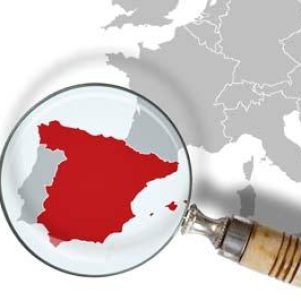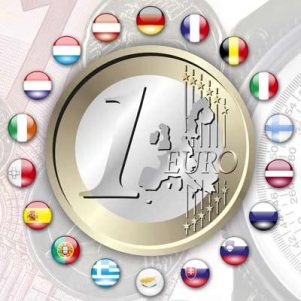Following the approval of the Law of the Entrepreneur and Internationalization (the Law), many foreign nationals opt to acquire property in Spain to obtain Spanish residence.
While the Law also contemplates other types of investment to obtain residence (i.e. the acquisition of public debt or shares of Spanish companies or the creation of business projects with general interest for Spain), the purchase of property is an especially attractive investment option.
Any foreign national interested in buying property must know and be familiar with the Spanish tax system as well as the fees associated with the purchase. In this way, the investor will learn about the return on his or her investment and the total amount of the transaction.
In this sense, we specify the principal fees that the purchase generates as the following: the Notary deed; registration of the property in the Property Registry; payment of taxes, costs of management (in case of applying for a mortgage), and municipal capital gains. Nowadays, this last tax does not apply to the purchaser but instead applies to the seller — unless the parties have previously contracted otherwise.
In the case of foreign nationals who invest in property to benefit from the Law, the investment must be equal to or greater than 500,000€ and free of any liens or encumbrances. Therefore, this part of the investment would be free of management fees.
Next, we explain in detail the rest of the costs:
Notary Fees
These fees result from executing the deed of purchase. They are fixed fees (regulated by law), meaning that all notaries in Spain charge the same rate for the same service (and, therefore, their competition is based on quality of service). The quantity varies by the total amount of the property, and it can increase based on various aspects (such as the number of copies to be notarized, additional writings, the status of presentation, etc.).
Registry of the Property
This tax shares a certain similarity with the notary fees because it, too, is subject to regulation. The quantity depends on the price of the property, and there exist variations (i.e. if the property is public, a forest, or a farm).
Taxes
This section can be more complex because we must differentiate between new homes and resale properties.
The new home concept refers to handing over the home to the purchasers for the first time once the construction is finalized. The new home concept also refers to the situation where renters who had been living in the home after its construction later acquired it by purchase.
If the purchasers are not those who had been renting the property, the handing over of the property to the purchasers will fall into the resale properties category. Also in this category would be properties not specifically named in this section.
The taxation of new homes would be:
- VAT (Value-Added Tax): The purchaser pays the VAT to the seller who must pay the tax to the national tax entity. The tax rate is fixed at 10% in general. A special rate or public promotion applies to the fixed rate to reduce it to only 4% for public housing.
- Stamp duty (Stamp-Duty Tax): This tax results from signing before a notary and thereafter registering the property with the Property Registry. Each Autonomous Community fixes the generally applicable rate to range between 0.1% (for public housing) and 1.5%.
The taxation of resale properties would be:
- ITPO (Transfer Tax): This Tax is levied on the sales of properties and is the equivalent to the VAT (or IGIC in the Canary Islands). The amount depends on the Autonomous Community where the property is located, and the general rate varies between 6% and 10%. Reduced rates exist (for large families, public housing, etc.).
Despite the significant differences between the taxation of new homes and resale properties, we must not forget that the tax rates change depending on the tax base. Therefore, the purchaser must pay close attention to the net value of his or her investment because this figure determines tax liability.
Foreign investors must also keep in mind that regardless of taxation issues, buying a home may cause the investor to incur additional expenses such as fees for professional services involved in the transaction (lawyers, notaries, real estate agents, etc.) or the fees charged for certain services such as the Property Registry. Through the Law, the Spanish Government intends to solve the country’s housing surplus. Thus, the Spanish Government seeks to encourage foreign investors to benefit from the current Spanish property market, which has shown a cumulative price drop of nearly 40% in the last five years.
Based on the reaction of foreign investors since the Law first went into effect, it seems that the adopted measures could be very positive for the country and that a solution could emerge to the deadlock on the Spanish property market.
María Valencia
For more information on property fees and taxes when purchasing a property in Spain,





